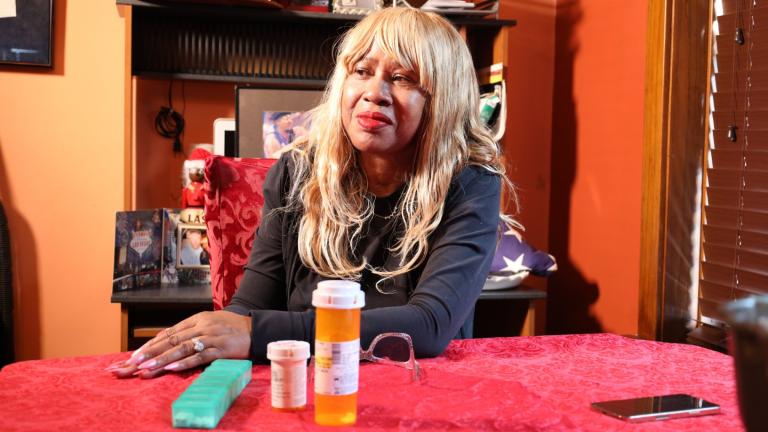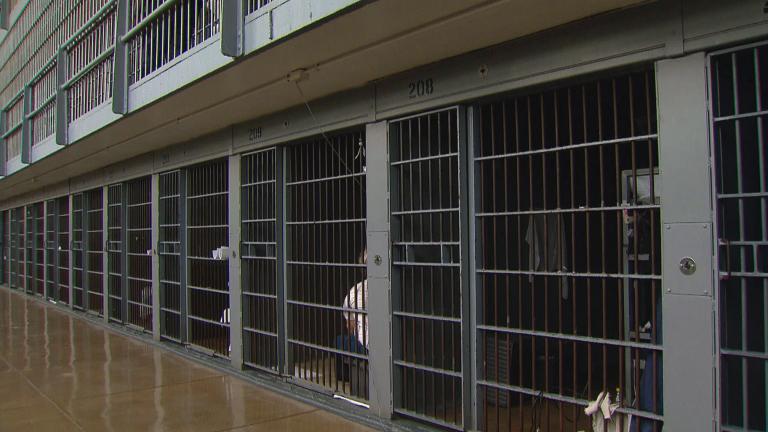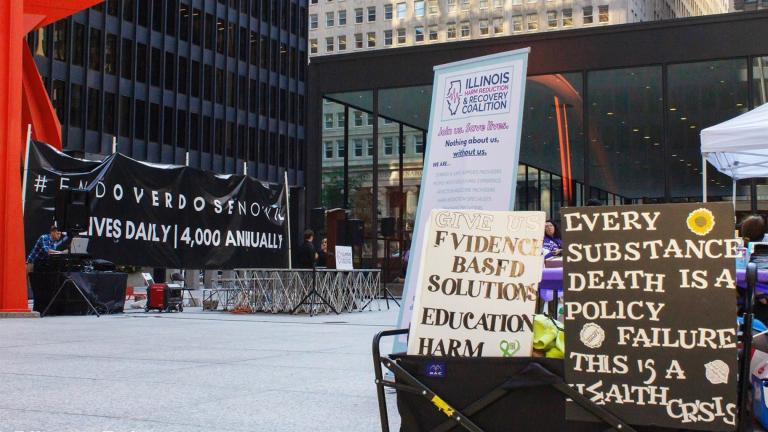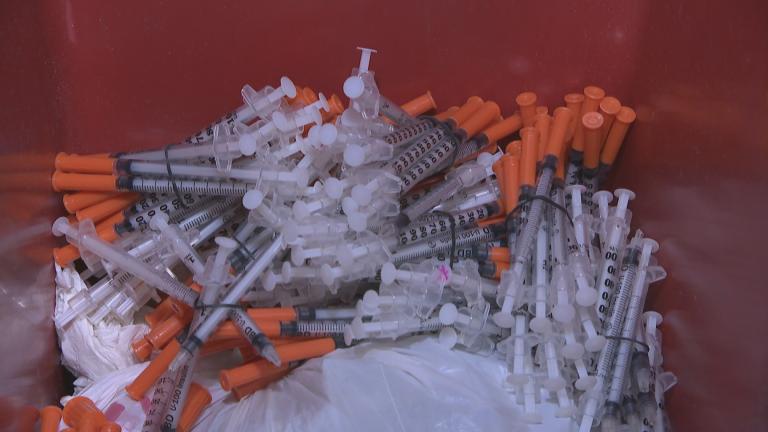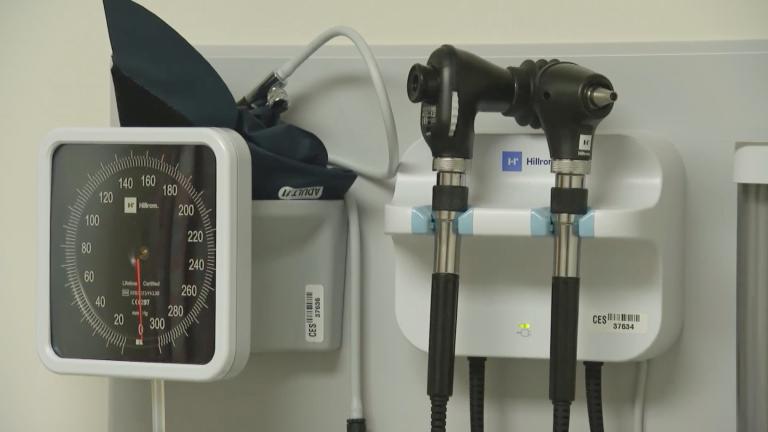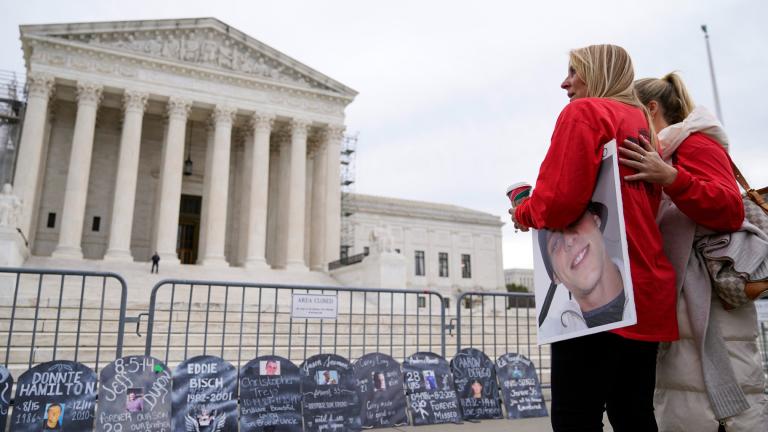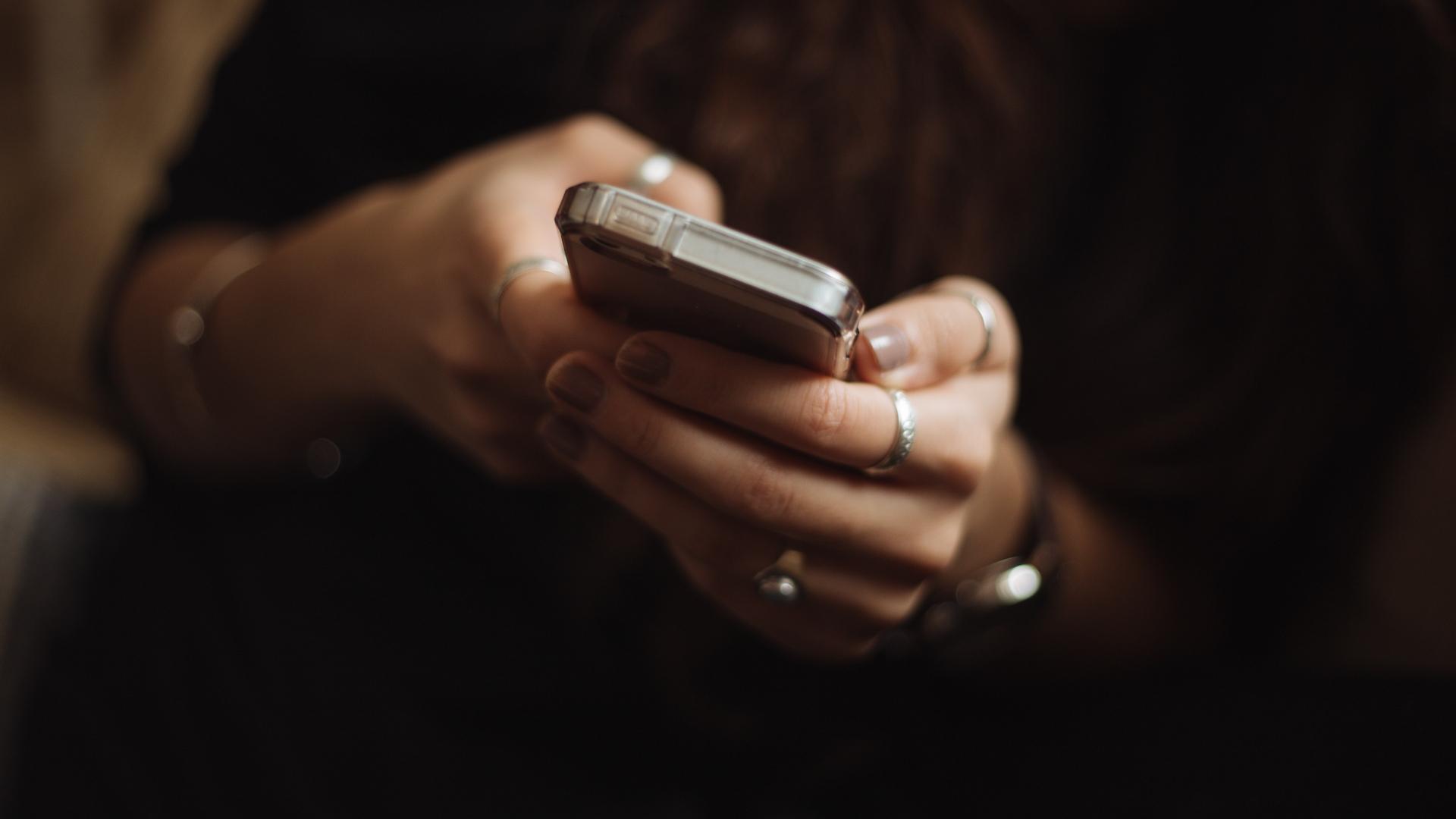 (Photo by Priscilla Du Preez on Unsplash)
(Photo by Priscilla Du Preez on Unsplash)
Starting Thursday, Chicagoans calling the Illinois Helpline for Opioids and Other Substances can be transferred directly to treatment provider Family Guidance Centers, Inc. to receive immediate medication-assisted recovery.
Medication-assisted recovery (MAR) involves the use of FDA-approved medications for the treatment of opioid use disorder, and while MAR is the standard of care for opioid use disorder, only 20-30% of people nationwide receive this treatment, according to Chicago Department of Public Health Commissioner Dr. Allison Arwady.
The pilot program, called MAR NOW, will operate through the existing Illinois Helpline for Opioids and Other Substances (833-234-6343) and make those treatments more accessible, according to Arwady.
“Opioid use disorder, or OUD, is a complex condition that affects each person, each family and each community differently. It’s critical that those searching for help are able to access services quickly once they make that decision to seek care,” said Maria Bruni, senior vice president of Family Guidance Centers, Inc., during a Thursday afternoon press conference. “For someone struggling with OUD, days or weeks spent waiting for treatment can be the difference between life and death.”
Chicagoans calling the state hotline between 6 a.m. and 10 p.m. will be connected with a care coordinator who will help determine an individual’s best treatment options and connect them a provider for an immediate telephone appointment and medication prescription, according to officials.
Individuals can also receive same-day in-person appointments and get transportation to the pharmacy or clinic. After hours, an individual can leave a message with the MAR NOW care coordinators and receive a call back the next day.
“This is a perfect example of how we help people take control of their health and access the safe medications that help everybody and our city address this problem,” Arwady said.
In 2020, 1,302 people died of an opioid overdose in Chicago – a 52% increase over 2019 and the highest number ever recorded in the city, according to officials.
“We are seeing more and more and more overdoses. There are fatal overdoses every year in Chicago in virtually every community area, and opioid overdoses are one of the top five drivers of the racial life expectancy gap in the city of Chicago,” said Arwady. “Opioid overdoses hit everyone, but they hit Black Chicagoans especially hard.”
The program is open to all Chicagoans regardless of insurance status or ability to pay, according to officials, who say patients will receive transportation via rideshare or bus passes to the pharmacy and their follow-up appointments as needed.
MAR NOW is being piloted only in Chicago, but the Illinois Department of Health and Human Services Division of Substance Use Prevention and Recovery plans to evaluate the program for possible expansion statewide.
“The opioid epidemic has not let up its devastating impacts on the lives of those with opioid use disorder in the city and the state,” said Dr. Nicole Gastala, medical director of IDHS/SUPR. “Access to timely treatment, including medication-assisted recovery and harm reduction services is essential for changing the trajectory of this overdose epidemic that we have.”
If you or someone you know is suffering from addiction, call the Illinois Helpline for Opioids and Other Substances at 1-833-234-6343 or visit HelplineIL.org.
Contact Kristen Thometz: @kristenthometz | (773) 509-5452 | [email protected]

